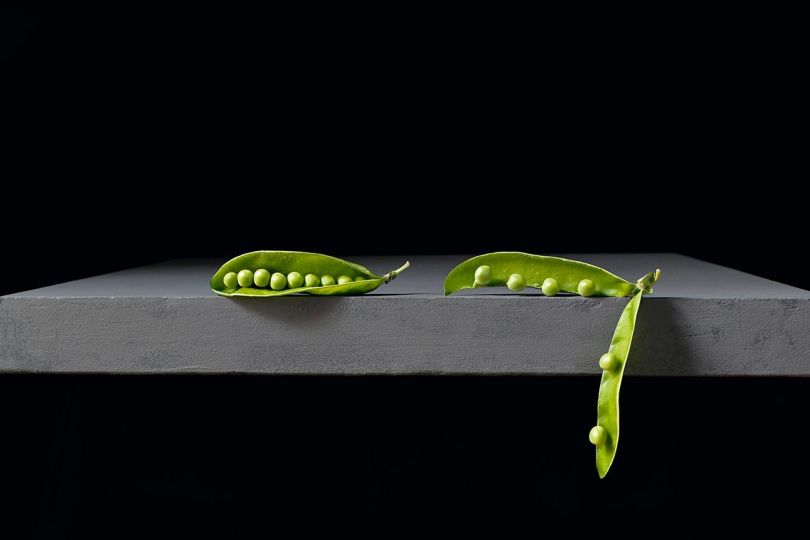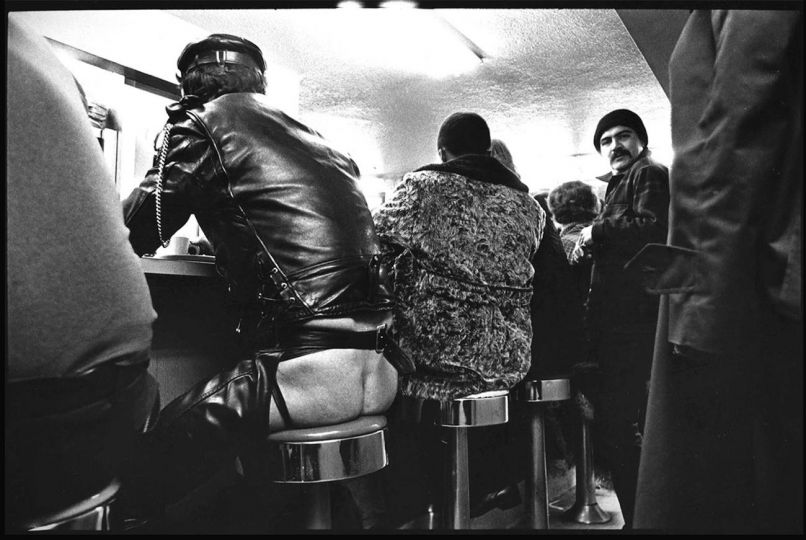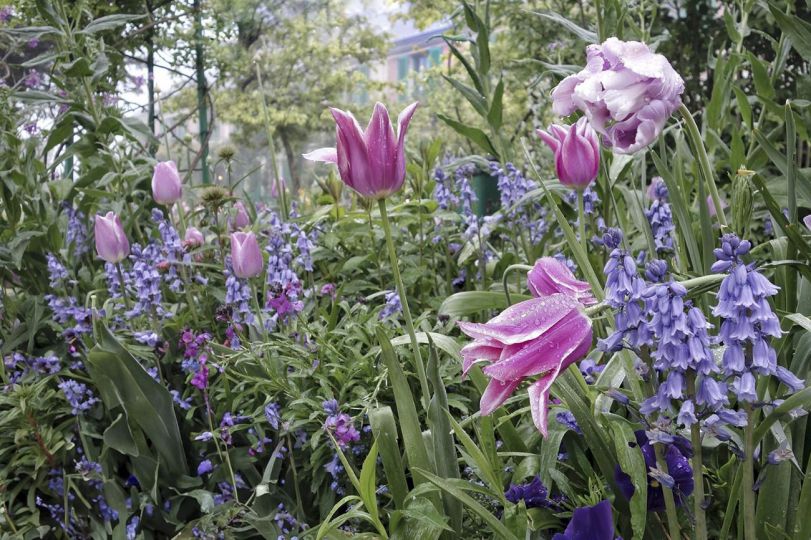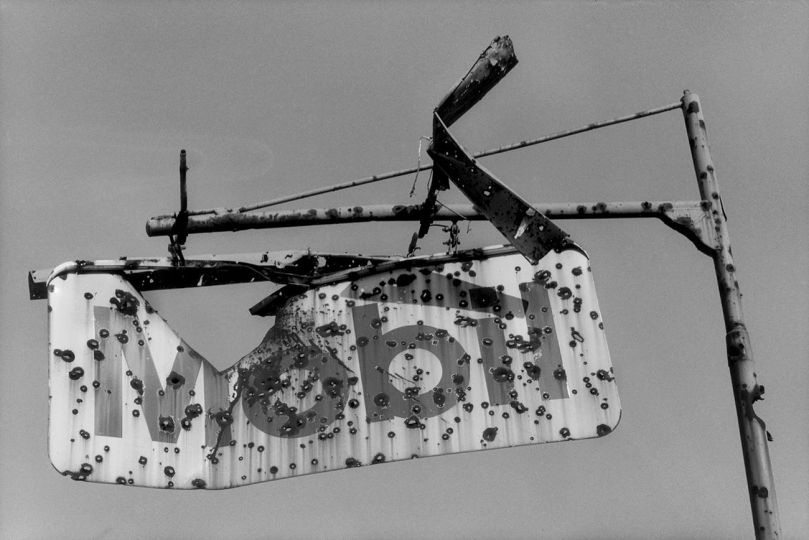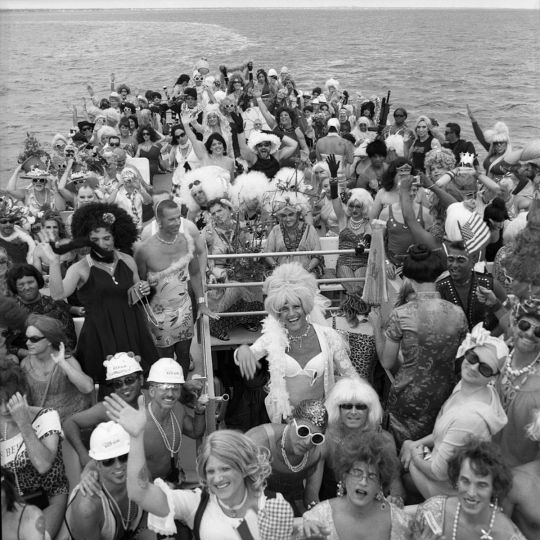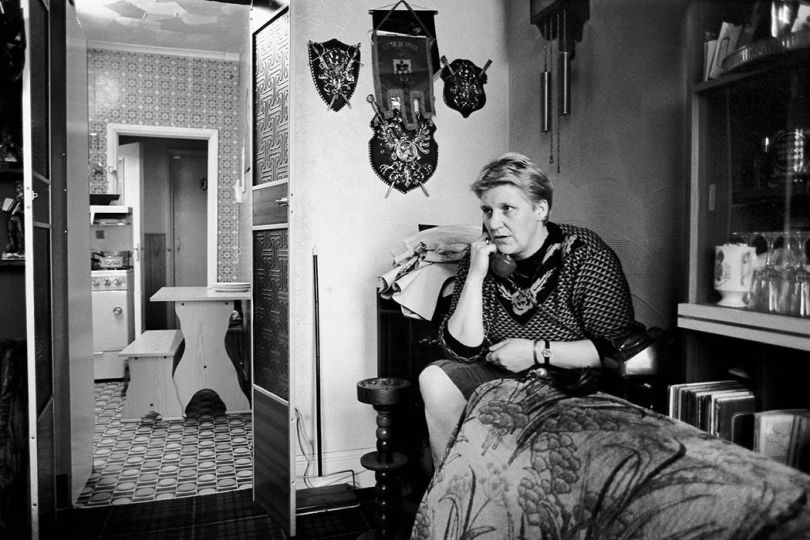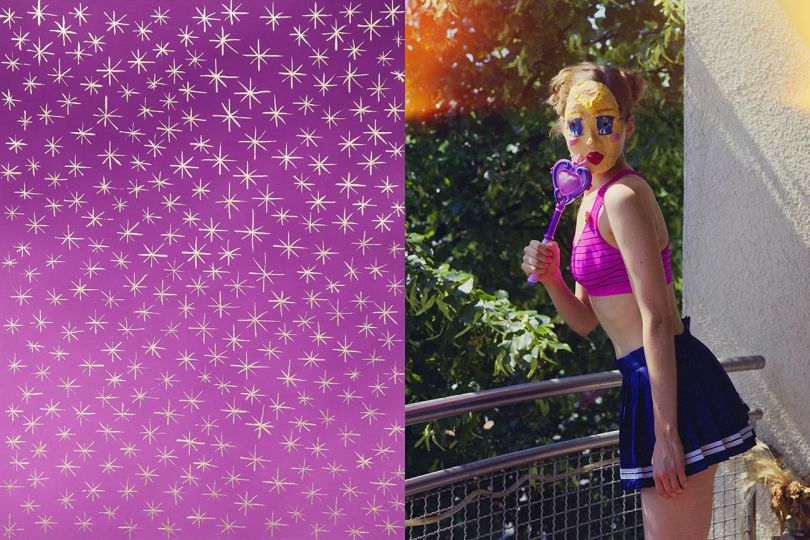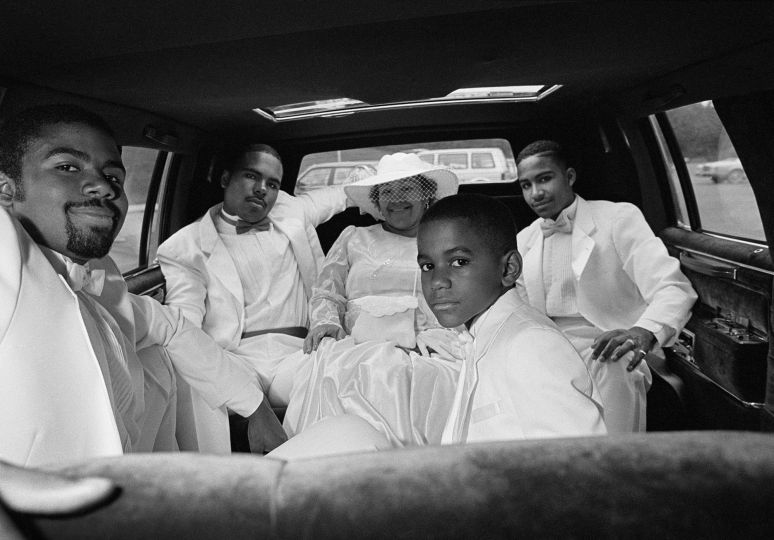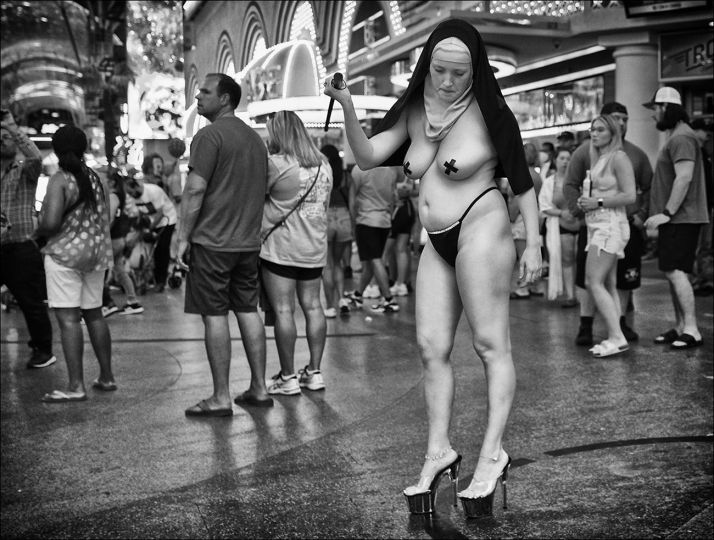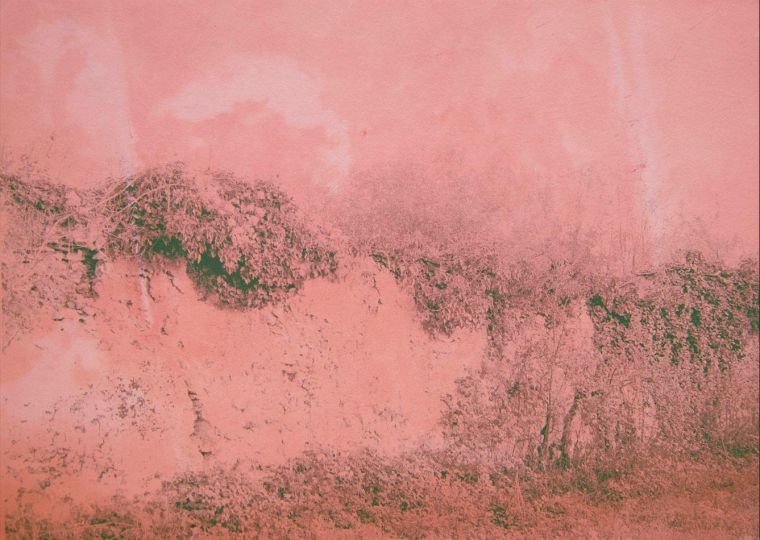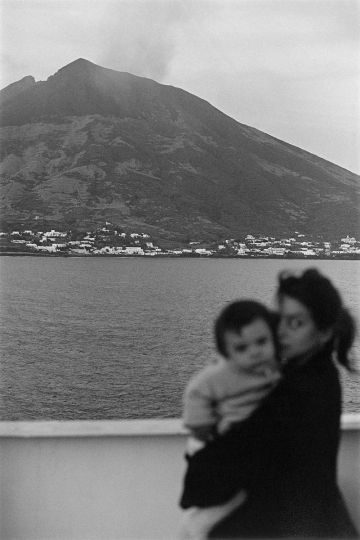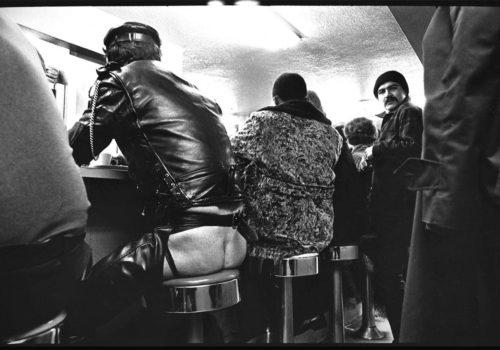After Henri-Cartier Bresson and Robert Doisneau, Brigitte Ollier, a photo critic for Libération and photographer herself, wrote about Hervé Guibert in her last book. Here is what she wrote in her introduction:
My little vampire
I had always loved the company of the dead. Hervé Guibert was such a rebellious ghost, I thought I had disturbed him inadvertently. One night, without warning, he slipped into my sleep. His presence surprised me. I had never met him, yet he was a legend. I imagined him calm, instead, he was agitated, like a boxer disappointed by his competitor’s weight. He spoke with flailing arms but I couldn’t understand his words: it was a silent dream, and he was the ventriloquist. In time, like the character from “The Shrinking Man”, he became smaller and smaller then suddenly disappeared, absorbed by the darkness.
This dream is my first memory with Hervé Guibert. It was this nocturnal appearance that surfaced when I decided to write a new book. After Henri (Cartier-Bresson) and Robert (Doisneau), Hervé Guibert emerged as the obvious ideal man. He had nothing more to offer than other candidates, but he attracted me like a vampire. More than his beauty, his youth; more than his youth, his magnetic appeal; more than his magnetic appeal, his audacity, his feverish insolence bursting with passion and ferociousness.
Strangely enough, after I chose Hervé Guibert, he turned out to be difficult to approach. Some of his friends looked like frightened deer, frozen, commenting “oh no, not me, how can I talk about him, too much sadness”. Others just replied with false promises.
This fleeting climate was destabilizing. Thanks to Yoda’s mischievous commentary in the Star Wars sage, I finally found a solution by extending the family circle: if his relatives had nothing to say, perhaps others would be ready to share their memories, researchers, historians, actors… Their enthusiasm was like a drug, their good will an electric current. I discovered Hervé Guibert’s noble heirs, those that knew him by heart.
Vowing to get close, I learned to appreciate the journalist, the photo critic for Le Monde, the photographer*. His articles about photography made me envious. He was lucky to be nearly the only expert on the subject: in 1977, when he began writing for this evening daily (he was 23), the talibans and their dogmatic pretensions had not yet sterilized the profession. Hervé Guibert became infatuated with pictures, to no one’s great concern. La Photo inéluctablement (Inevitably Photo), published by Gallimard in 1999, provides insight to his freedom.
The art of the anecdote: “In any case, he was powerful” about Robert Frank. Refusing the obvious: “Superlatives seem undeserving”. The joys of interviewing Jacques-Henri Lartigue, John Szarkowski, Gilles Ehrmann, Helen Levitt, Ilse Bing, Gisèle Freund, William Klein, Brassaï, Duane Michals, Mary Ellen Mark, Jean-Philippe Charbonnier and Agathe Gaillard, whose exhibitions he follows religiously. Agathe Gaillard, who explains her selection in 1979, four years after opening her gallery: “I wanted the pictures on the wall to show that the photographer’s life and mine were completely intertwined. This was more a way of life than the creation of a work of art”.
With his own photos, Hervé Guibert revealed his thoughts, strong and powerful. Hopes, struggles, torments, lovers, temptations, all are fragmented self portraits… He instinctively evoked the forgetful magic of pictures, its sentimentality, and never dared complain. That was his recognition. And in a way, his key to eternity.
This book is an homage to Hervé Guibert, my little vampire, and to all those who loved him and who graced me with their testimony. Special thanks to Claire Devarrieux, her silence was gold, and to Vincent Godeau, chivalrous.
As for Henri and Robert, by superstition, I kept the chronology of the interviews. Everything started in Paris with Yvonne Baby, at her home, on November 8, 2005, and ended (temporarily) with Christine Guibert, May 26, 2010, at the cafeteria of the Cité Internationale. Two ladies before a king.
Brigitte Ollier
Hervé, Brigitte Ollier, Hervé Guibert, éditions Filigranes, 2011, 15 euros

